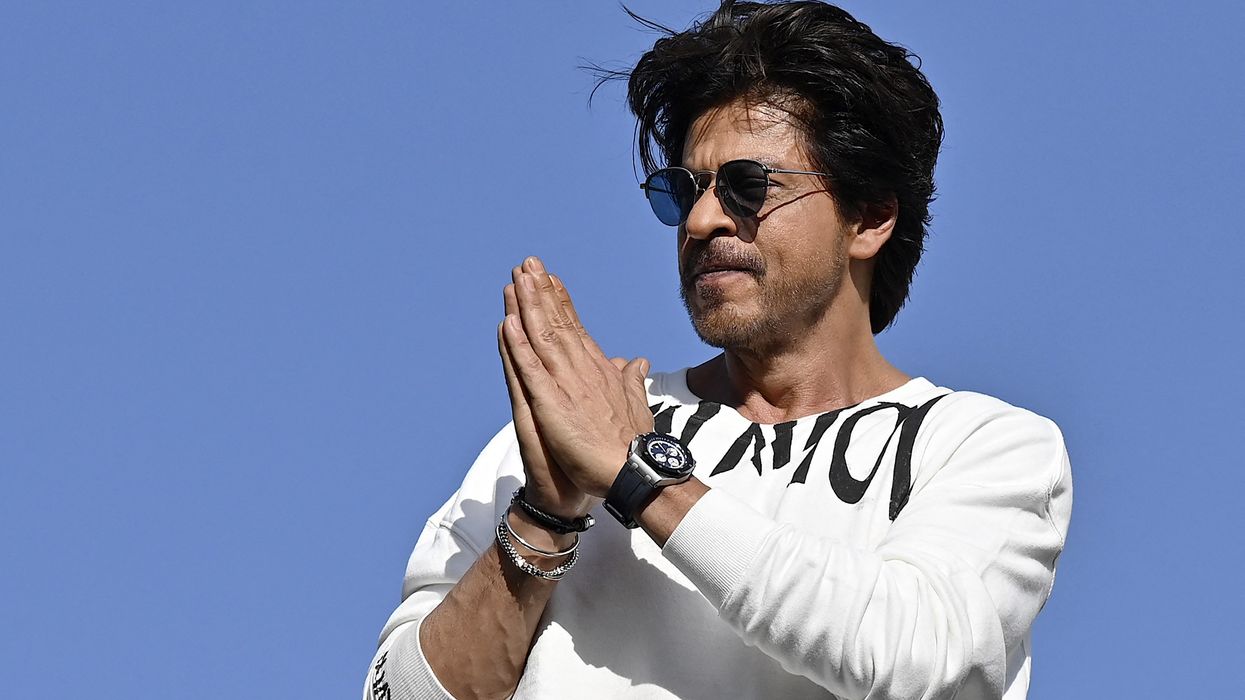Shah Rukh Khan has temporarily moved out of his famous home, Mannat, as the bungalow undergoes a major renovation expected to last two years. The actor and his family, wife Gauri and children Aryan, Suhana, and AbRam have shifted into a luxury apartment at Pali Hill in Bandra. But while the Khans settle into their new space, vendors around Mannat are struggling.
Mannat has always been a magnet for fans. People would travel across cities just to stand outside the iconic gates, hoping to catch a glimpse of Bollywood’s beloved star. The constant flow of visitors helped local businesses thrive. Ice-cream sellers, food stalls, and souvenir shops all benefited. Now, with Shah Rukh not living there, the crowd has thinned out dramatically.
Several vendors have spoken about the sudden slump. In a video circulating online, an ice-cream seller shared, “It’s made a big difference. Shah Rukh doesn’t stay here anymore, and once people found out, they stopped coming.” Another vendor added that earlier, people would stick around for hours. Now, if tourists find out SRK isn’t home, they simply turn their taxis around and leave.
The absence of fans hasn’t just hurt emotions; it has hit pocketbooks too. One vendor summed it up by saying, “When Shah Rukh is there, Mannat is special. Without him, it’s nothing.”
The iconic Mannat, once buzzing with SRK fans daily, now sees a sharp drop in visitorsGetty Images
Mannat, being a heritage property, needs special permissions for any construction. Shah Rukh’s team reportedly got court approval for certain extensions, which delayed the renovation start. Meanwhile, at their temporary address, Shah Rukh has leased four floors from producer Vashu Bhagnani’s family-owned building, Puja Casa. The deal was signed with Bhagnani’s children, actor Jackky Bhagnani and Deepshikha Deshmukh. Reports suggest SRK is paying around £22,600 (₹24 lakh) a month for the lease.
While Shah Rukh gears up for his next big project, King, alongside daughter Suhana Khan, the area around Mannat has lost its once-electric buzz. For the vendors who built their livelihoods around the star’s aura, it’s going to be a long wait until Mannat lights up again.





